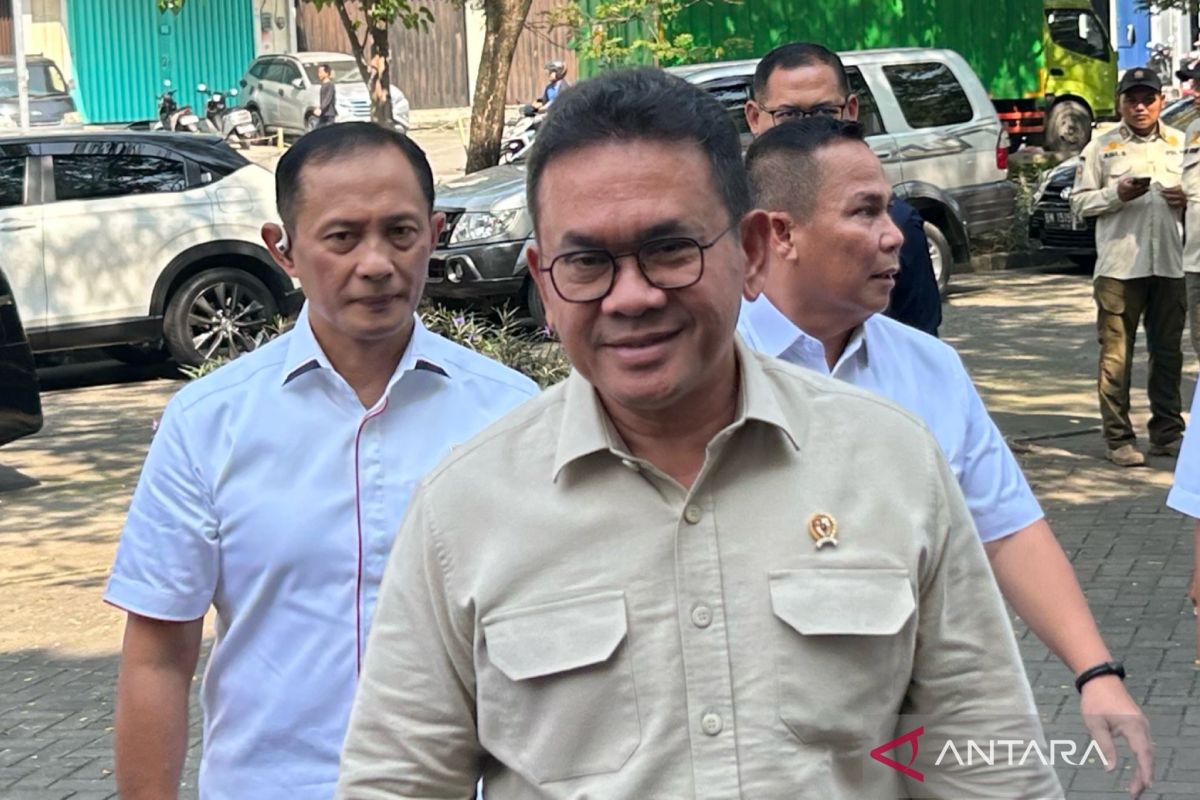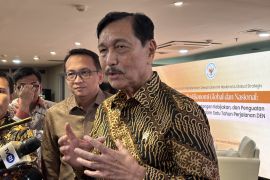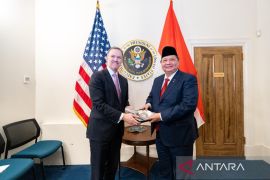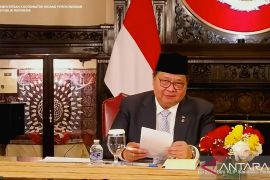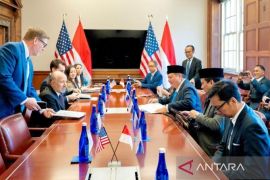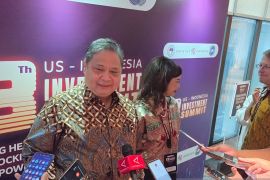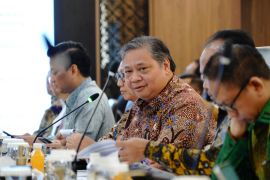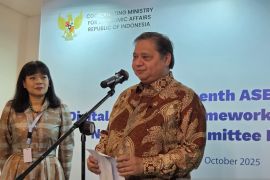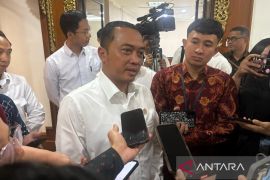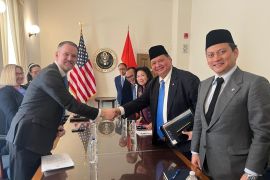“The first one is increasing the competitiveness of local products,” Trade Minister Budi Santoso said in Jakarta on Wednesday.
People would be more likely to choose local products if their competitiveness is strengthened. This could also help reduce dependence on imported goods.
Further, as countries facing high US tariffs seek new markets, Indonesia—with its large market—is expected to become an export target, he explained.
To anticipate the import surge, Indonesia could also step up exports to attract investment, he said, outlining the second strategy. With higher competitiveness, export demand would automatically increase, so other countries will see Indonesia as a country that has large investment potential.
Furthermore, expanding market access, including to the European Union (EU), is deemed essential. As a step toward this, Indonesia recently finalized the Indonesia-European Union Comprehensive Economic Partnership Agreement (IEU-CEPA) with the EU.
Santoso underlined that other countries affected by US import tariffs are also taking the same step.
“We are seeking new markets, for instance, through trade agreements with several countries,” he said.
Earlier, Minister Santoso affirmed that the government is currently negotiating tariff exemptions for Indonesian crude palm oil, cacao, and coffee exports with the US.
Regarding tariff-free imports from the US, he emphasized that not all products from the US can be imported without tariff and non-tariff barriers.
He said that the details of commodities that will be free from tariffs and those that will not be exempt from tariffs will be outlined in the agreement between the two countries, which is currently being negotiated.
Translator: Maria Cicilia, Raka Adji
Editor: Aditya Eko Sigit Wicaksono
Copyright © ANTARA 2025
